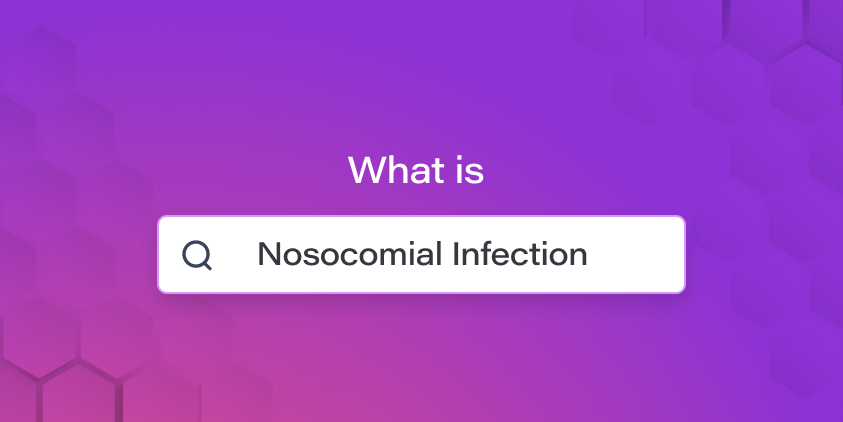🏥 Nosocomial Infections: An In-depth Study
This article was written in collaboration with Christine T. and ChatGPT, our little helper developed by OpenAI.

Definition
Nosocomial infections, also known as hospital-acquired infections (HAIs), are infections that patients acquire while receiving treatment for other conditions within a healthcare setting.
Related Terms
- Iatrogenic Infections: These are a type of HAI caused by medical procedures or treatments.
- Community-Acquired Infections: These are infections that are acquired in the community, not in a hospital.
- Antibiotic Resistance: A serious consequence of nosocomial infections, it occurs when bacteria change in response to the use of antibiotics.
Synonyms, Definitions, and Examples
| Synonym | Definition | Example |
|---|---|---|
| Hospital-Acquired Infection (HAI) | An infection acquired in hospital by a patient who was admitted for a reason other than that infection. | A patient was admitted for surgery and subsequently developed a urinary tract infection from a catheter – this is a hospital-acquired infection. |
| Healthcare-Associated Infection | An infection occurring in a patient during the process of care in a hospital or other healthcare facility which was not present or incubating at the time of admission. | An elderly patient developed pneumonia after being on a ventilator in an intensive care unit – this is a healthcare-associated infection. |
| Nosocomial Disease | Another term for a nosocomial infection. | Due to poor hand hygiene, a patient contracted a nosocomial disease in the form of Methicillin-resistant Staphylococcus aureus (MRSA). |
Assessment Techniques and Tools
Assessment of nosocomial infections involves surveillance programs, patient examinations, review of medical records, and laboratory diagnostics.
Assessment Frameworks
The assessment should consider the patient’s health status, the type of care received, the duration of hospital stay, and any potential exposures to infectious agents.
Assessment Documentation
Documentation should include the identified nosocomial infection, potential sources or causes, interventions performed, and the patient’s response to treatment.
Legal and Ethical Considerations
There’s a legal and ethical obligation to prevent nosocomial infections through infection control practices, providing safe care, and protecting patient rights. Hospitals can be held liable for nosocomial infections, especially if they result from negligence.
Real-Life Examples or Case Studies
A study published in the American Journal of Infection Control highlighted a case where a MRSA outbreak in a neonatal intensive care unit was traced back to a healthcare worker. This case underscores the role healthcare workers play in the transmission of nosocomial infections and the importance of infection control practices.
Resources and References
- Centers for Disease Control and Prevention – Healthcare-Associated Infections (HAIs)
- World Health Organization – Infection Prevention and Control
Conclusion
Nosocomial infections are a significant health concern. Through stringent infection control practices, healthcare providers can prevent the spread of these infections, ultimately improving patient outcomes and enhancing the overall quality of care.
